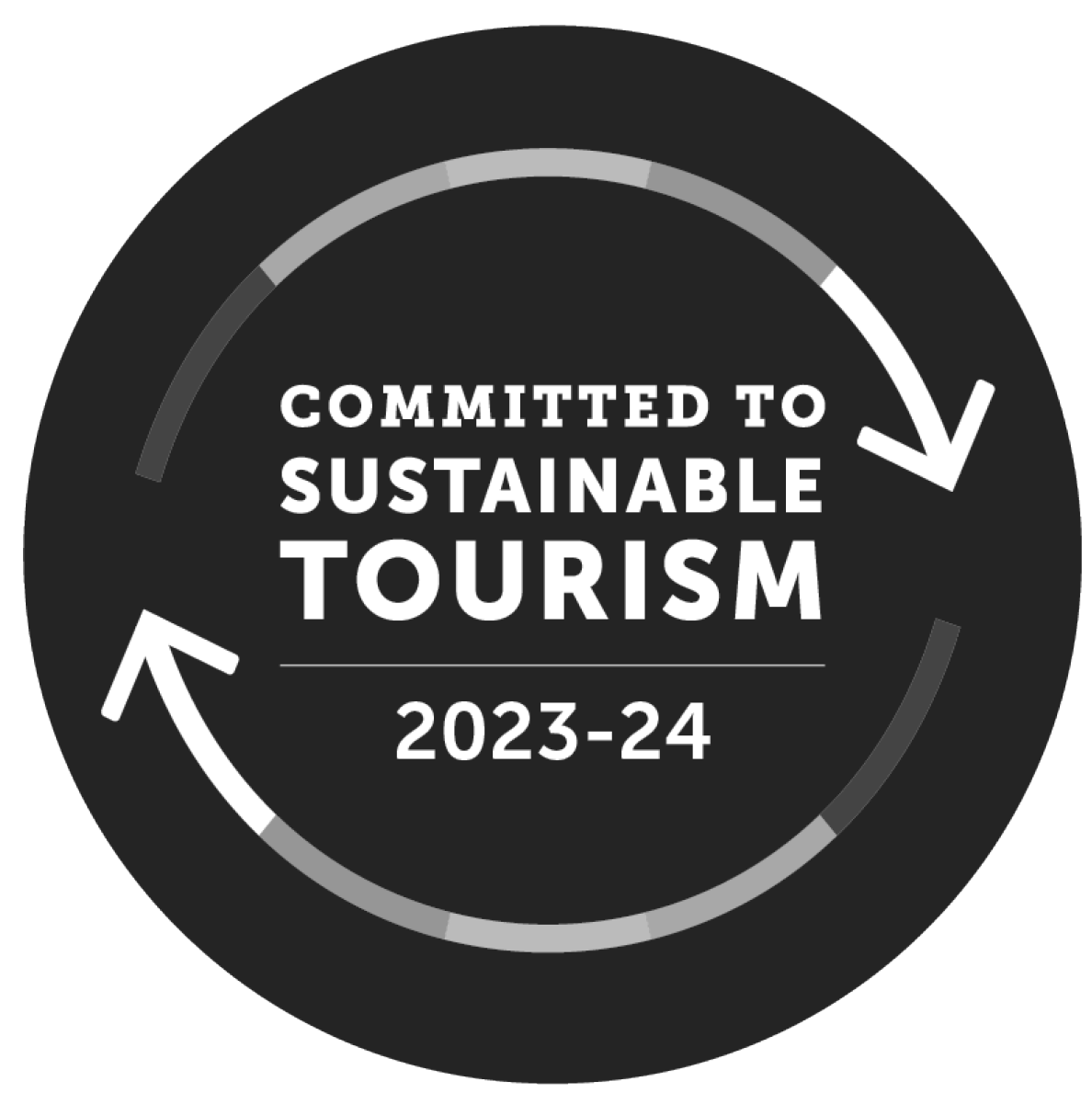Climate Action and Sustainability (Business Studies) Years 11-12
Year 9 - 13 | Conservation & Sustainability
The way we protect the environment depends on the operating our business sustainably. Take advantage of a real-life context to discover what factors influence staff motivation and business decisions.
Activities on this day
Wellington Zoo is progressive and world-leading in conservation and sustainability. Learn about the work behind the scenes - from marketing to recruitment to staff motivation, that ensures Wellington Zoo achieves its dream of becoming the best little Zoo in the world.
Learning Outcomes
• Examine the organisational structure and internal operations of Wellington Zoo as a business
• Discuss the strategies and values at Wellington Zoo and how they affect our operations
• Discuss examples of how Wellington Zoo motivates its staff to be the best they can be.
NZ Curriculum
Related NCEA Standards:
- Business Studies 1.5 AS90841: Investigate aspects of human resource processes in a business.
- Business Studies 2.1 AS 90843: Demonstrate understanding of the internal operations of a large business.
- Business Studies 2.5 AS90847: Investigate the application of motivation theory in a business.
Conservation Connection - Years 11-13
Year 9 - 13 | Conservation & Sustainability
What is conservation and how can we help? Investigate case studies of conservation projects, and discover how we can work together with partners in conservation in Aotearoa and around the world to help protect animals.
Activities on this day
Conservation is at the heart of everything we do at Wellington Zoo. Learn how we are all responsible for the use of natural resources, and the consequences of doing so. Discover what actions Wellington Zoo takes as conservation leaders, and how we can all help protect animals in Aotearoa and around the world.
Learning Outcomes
• Discuss reasons why animals may become endangered.
• Understand how people’s management of natural resources and economic decisions impact on environmental and social sustainability.
• Give examples of conservation efforts Wellington Zoo supports locally and globally.
NZ Curriculum
Science: Living World
• Ecology Level 6: Investigate the impact of natural events and human actions on a New Zealand ecosystem.
• Ecology Level 7: Explore ecological distribution patterns and explain possible causes for these patterns.
• Life processes, ecology, and evolution Level 8: Understand the relationship between organisms and their environment. Explore the evolutionary processes that have resulted in the diversity of life on Earth and appreciate the place and impact of humans within these processes.
• Earth systems and interacting systems Level 8: Develop an in-depth understanding of the interrelationship between human activities and the geosphere, hydrosphere, atmosphere, and biosphere over time.
Social Sciences
• Geography – Level 6: Understand how people interact with natural and cultural environments and that this interaction has consequences.
• Geography – Level 6: Understand how people’s perceptions of and interactions with natural and cultural environments differ and have changed over time.
Learning could lead towards NCEA Standards:
• Biology 2.6 AS91158: Investigate a pattern in an ecological community, with supervision (4 credits, Internal)
Conservation Connection - Years 9-10
Year 9 - 13 | Conservation & Sustainability
What is conservation and how can we help? Investigate case studies of conservation projects, and discover how we can work together with partners in conservation in Aotearoa and around the world to help protect animals.
Activities on this day
Conservation is at the heart of everything we do at Wellington Zoo. Learn how we are all responsible for the use of natural resources, and the consequences of doing so. Discover what actions Wellington Zoo takes as conservation leaders, and how we can all help protect animals in Aotearoa and around the world.
Learning Outcomes
• Discuss reasons why animals may become endangered.
• Understand how people’s management of natural resources and economic decisions impact on environmental and social sustainability.
• Give examples of conservation efforts Wellington Zoo supports locally and globally.
NZ Curriculum
.
Science: Living World
- Ecology Level 3-4: Explain how living things are suited to their particular habitat and how they respond to environmental changes, both natural and human-induced.
- Ecology Level 5: Investigate the interdependence of living things (including humans) in an ecosystem.
Social Sciences:
- Social Studies Level 4: Understand how people participate individually and collectively in response to community challenges
- Social Studies Level 5: Understand how people’s management of resources impacts on environmental and social sustainability
Animal Behaviour for Biology 3.1 - Year 13
Year 13 - 13 | Year 13 Biology
Observe and discuss animals’ behaviour as we introduce key concepts in behavioural research. Then come back to conduct your own observations and present your findings.
NZ Curriculum
Science: The Living World
Life processes, ecology and evolution Level 8: Understand the relationship between organisms and their environment. Explore the evolutionary processes that have resulted in the diversity of life on Earth and appreciate the place and impact of humans within these processes.
Animal Behaviour for Biology 3.3 - Year 13
Year 13 - 13 | Year 13 Biology
Observe and discuss animals’ behaviour and link them to key concepts. Topics include: intraspecific and interspecific relationships, hierarchies, reproductive strategies and group living.
Activities on this day
Can you speak Capuchin? Is that Monkey angry or hungry? Through guided observations, students will explore the behaviours of animals at Wellington Zoo. We will investigate some strategies animals use to find and defend resources, different ways of communicating and building relationships, how they reproduce and care for young; as well as strategies to avoid predators. With support, the students will be encouraged to discuss the advantages or disadvantages of the behavioural strategies they have observed.
Learning Outcomes
• Identify and explain how animals’ behaviours influence their ways of life. • Identify and explain how animals’ behaviours influence their ways of life.
• Discuss how behavioural adaptations enable animals to occupy an environmental niche.
NZ Curriculum
Science: Living World Science: Living World
• Life processes, ecology and evolution Level 8: Understand the relationship between organisms and their environment. Explore the evolutionary processes that have resulted in the diversity of life on Earth and appreciate the place and impact of humans within these processes.
Related NCEA Standards:
• Biology 3.3 AS91603: Demonstrate understanding of the responses of plants and animals to their external environment.
Homeostasis for Biology 3.4 - Year 13
Year 13 - 13 | Year 13 Biology
Discover the internal thermoregulation mechanisms of our bodies and compare them with a selection of animals. Test yourself and your responses in this practical workshop.
Activities on this day
Get hands-on and compare yourself and your responses to temperature change to a selection of Zoo animals. Discover how they regulate their temperatures and what happens when their homeostatic systems are disrupted.
Learning Outcomes
• Understand the effects of temperature on human and animal homeostatic systems
• Compare and contrast the ways different animals respond to changes in their environment
NZ Curriculum
Science: Living World
• Life processes, ecology and evolution Level 8: Understand the relationship between organisms and their environment
Related NCEA Standards:
• Biology 3.4 AS91604: Demonstrate understanding of how an animal maintains a stable internal environment (3 credits, Internal)







